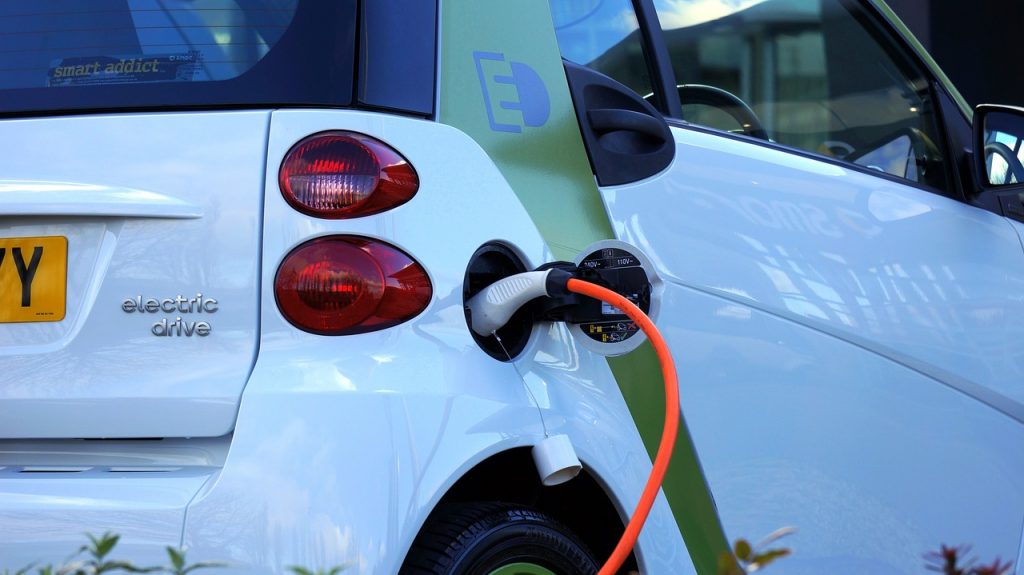Push for electric cars will drive down emissions, but at a cost

September 25th, 2018
Current plans to electrify the Irish fleet may lead to a 70 per cent fall in transport emissions from 2015 levels, new research shows.
The analysis carried out by the Centre for Marine and Renewable Energy at University College Cork (UCC), however, also indicates that this could cost the exchequer up to €340m per year by 2030.
Last year, the Department of Transport (DTTAS) outlined ambitious plans to put 800,000 electric cars on the road by 2030. There are currently just over 3,500 electric cars on Irish road, with e-vehicle sales accounting for less than one per cent of all new sales in 2017.
Working with researchers from the Danish Technical University and the University of California, Davis, UCC’s Eamonn Mulholland built a model to capture consumer behaviour in the Irish motor market.

Photo: Jonathan Petersson
Cost versus climate
The models show that, while the DTTAS 2030 target is achievable, state revenue will drop considerably is Vehicle Registration Tax remains linked to CO2 emissions of the vehicle sold.
Adding in losses from VAT, annual motor tax and excise fuel duty, these losses may reach up to €340m by 2030, the study finds.
“Changing what fuels we use for our every-day commute is an essential step towards reducing national emissions and ensuring a cleaner environment,” says Mulholland.
“With adequate planning, the cost of this change can be minimised. Despite the cost incurred, this change remains imperative in adhering to our climate pledges.”

Photo: MikesPhotos
Sales not revving up
The State has introduced a range of measures to encourage the uptake of electric cars in recent years including a €5,000 grant for new e-vehicles and exemption from Vehicle Registration Tax up to €5,000.
The Government also recently brought in a toll charge reduction scheme for electric vehicles. Fully-electric vehicle owners now pay half the toll rate and plug-in hybrids get a 25 per cent toll reduction.
The UCC research, however, shows that a lack of electric vehicle choice is proving a barrier for drivers and the 2030 target.
The UCC model shows that the target can only be met with a “substantial increase in varieties of electric cars available” in the coming decades alongside a reduction in the cost of batteries.
“Car buyers in Ireland are all different, some may want a family car in a particular type of red, while others may want a dark blue car adept to city driving”, said Mr Mulholland, the lead researcher.
“If you start looking for a particular type of car, you have hundreds of options of petrol and diesel cars to buy, so you’re likely to find what you’re looking for. If you restrict your search to electric cars, you are much more limited in your choice.”
This becomes problematic, he said, as there are no Irish based car manufacturers, and the motor industry is entirely dependent on foreign manufacturers to produce a more varied fleet.
[x_author title=”About the Author”]







